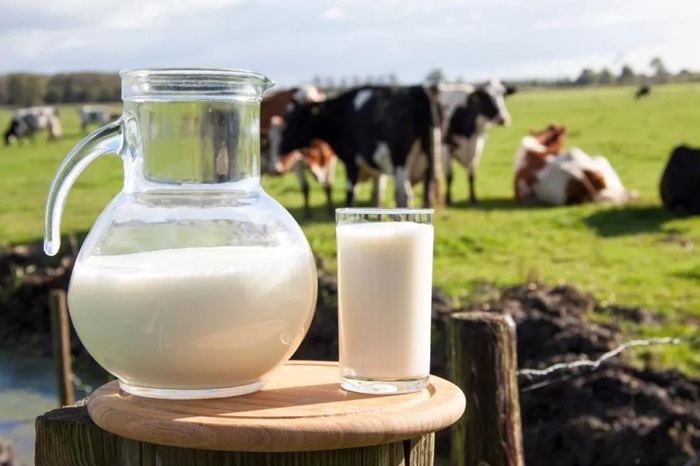The U.S. Food and Drug Administration (FDA) has temporarily suspended a major quality control program that tests Grade “A” raw milk and finished dairy products. This pause is due to reduced lab capacity following significant staff cuts in the Department of Health and Human Services, which includes the FDA.
What Is the Suspended Program?
The program, known as the Food Emergency Response Network (FERN) Proficiency Testing Program, ensures that about 170 food safety labs nationwide can accurately test milk and dairy products for harmful pathogens. It helps maintain consistent and reliable lab results, especially during food safety emergencies.
Why Was the Program Suspended?
The FDA’s Moffett Center Proficiency Testing Laboratory, which supports this program, can no longer provide the necessary lab support for proficiency testing and data analysis due to workforce reductions. The agency plans to transfer the program to another lab but has not given a timeline for when testing will resume.
Does This Mean Milk Is Unsafe?
No. The FDA and dairy industry experts say milk and dairy products remain safe. State and federal labs continue to test milk as usual, and dairy facilities are still inspected under longstanding safety rules like the Pasteurized Milk Ordinance, which has ensured milk safety for over 100 years.
However, some experts warn that suspending the proficiency testing program reduces government oversight and confidence in the safety data, even if the actual safety of milk is not immediately affected.
What Can Consumers Do?
Choose pasteurized or ultra-pasteurized milk, which is heated to kill bacteria.
Avoid raw milk, which carries higher risks of contamination.
Check milk for signs of spoilage, such as a sour smell or off taste, though some harmful bacteria cannot be detected this way.
If concerned, you can pasteurize milk at home by heating it to 145°F for 30 minutes.
Bottom Line
While the FDA’s pause in this testing program is concerning for food safety experts, it does not mean that milk and dairy products are currently unsafe. Routine safety checks continue, and consumers can take simple precautions to ensure their dairy is safe to drink.
Read more:
- Martinelli Recalls Over 170,000 Apple Juice Bottles Due to Possible Toxic Contamination
- Bucks’ Damian Lillard Tears Achilles, Ending Season And Threatening Next Year
- FDA Faces Criticism for Delaying COVID-19 Vaccine Approvals


